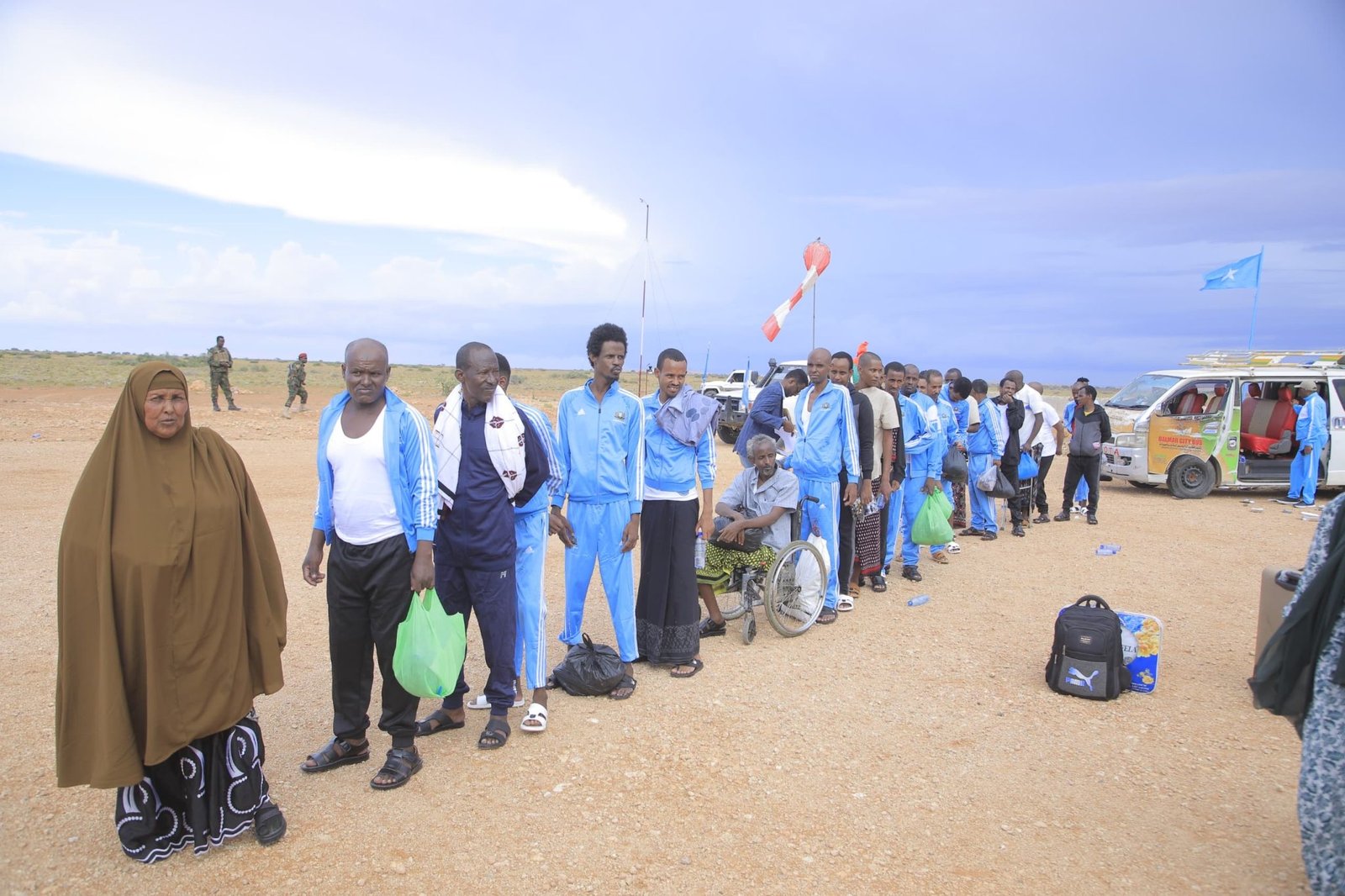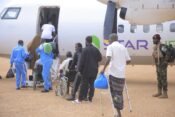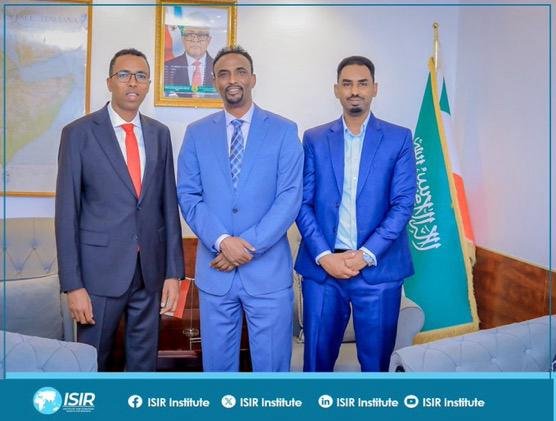
25 Prisoners of War Released

By Prof. Nassir Hussein Kahin, Executive Managing Editor
Somalia’s president Hassan Sheikh Mohamed has announced yesterday at a press conference in Ankara, Turkey, that the high level controversial delegation he sent to Ceerigaabo, Somaliland’s eastern province of Sanaag, were given a mandate to mediate the conflict between SSC Khaatumo insurgents and the Somaliland government to create a peaceful coexistence and cooperation, and facilitate the exchange of prisoners captured on each side during the the full scale war of 2023.Both sides face an urgent and deeply humanitarian crisis:for Somaliland the fate of over 300 soldiers, including high-ranking military commanders, captured during the protracted conflict and a much smaller number of combatants captured from SSC Khatumo. This marks the 25th outbreak of violence in the region—a sobering testament to the fragility of peace and the critical need for decisive leadership.
The previous Somaliland administration did not succeed in its efforts to negotiate the release of these prisoners, raising serious concerns among Somalilanders about the wellbeing of their loved ones and the nation’s moral obligations to its armed forces. The new administration led by President Abdirahman Mohamed Abdilahi’s most immediate priority now must be to address this crisis. A successful negotiation or repatriation effort will not only reunite these soldiers with their families , but also restore the morale of the armed forces and reaffirm Somaliland’s commitment to its defenders.
For the families of the captured soldiers on both sides, every day without news is a day of anguish. Reports suggest worsening conditions for these detainees, whose fates remain shrouded in uncertainty. Somaliland society, known for its resilience and strong social fabric, is grappling with the implications of this prolonged neglect. The soldiers’ absence echoes through communities, leaving families struggling with economic and emotional hardship.
Moreover, the soldiers themselves—a vital segment of Somaliland’s defense force—deserve better. These men and women swore an oath to defend their homeland, risking their lives on the battlefield. To leave them languishing in unknown conditions is not only a betrayal of their service but also a blow to the values that Somaliland’s democracy and independence stand for.
History has shown that nations committed to the welfare of their armed forces foster greater unity, morale, and public trust. The United States, for instance, has set a precedent for prioritizing the safe return of its soldiers. From prisoner exchanges to daring rescue missions, successive American administrations have demonstrated the importance of leaving no soldier behind.
Such actions not only boost military morale but also strengthen public confidence in leadership. When soldiers and their families know their government will exhaust every effort to secure their safety, they fight with greater resolve, assured that their sacrifices will not be forgotten. Somaliland’s new president must draw inspiration from these examples and act with similar urgency and determination.
The principles of prisoner exchange and treatment are firmly rooted in international humanitarian law. Under the Geneva Conventions and the United Nations Charter, all parties in armed conflict are obligated to treat prisoners of war humanely and facilitate their exchange. These frameworks serve as a reminder that even in the chaos of war, there are rules that must be upheld to protect human dignity.
The Somaliland government must take immediate steps to engage in dialogue with SSC Khatumo, ensuring that negotiations are guided by these principles. Building trust with the opposing side will not be easy, but it is a necessary step toward resolving this crisis and establishing lasting peace in the region.
Both sides face an unenviable challenge but also a unique opportunity to demonstrate leadership and compassion. By making the safe return of the captured soldiers from both sides a top priority, President “Ciro” can set a powerful tone for his administration—one that values human life, honors service, and upholds the principles of justice and humanity.
This is not merely a political or military issue; it is a moral imperative. Somaliland must show the world—and itself—that it values the sacrifices of its armed forces and stands by those who defend its sovereignty.


